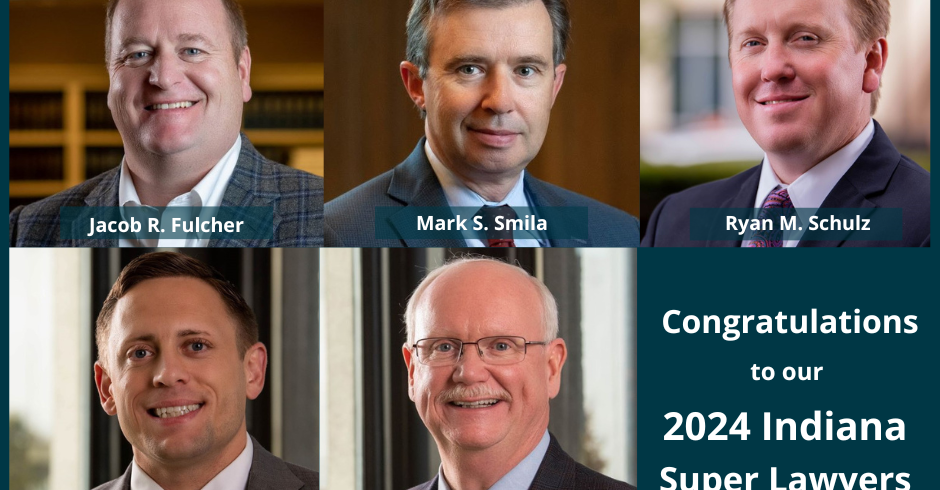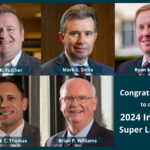The 7th Circuit Court of Appeals, which includes Indiana, recently ruled that a purchaser of a retail auto parts business was a “successor employer” of the previous owner and, as a result, was required to make higher unemployment benefit contributions (See D & D NAPA, Inc. v. Unemployment Insurance Appeals of the Indiana Dept. of Workforce Development, 93A02-1501-EX58).
The purchaser, D & D NAPA, Inc., used the same name, same signs, same location, same phone number, same inventory, and same fixtures, and hired some of the same employees of the previous owner. D & D argued on appeal that it had not purchased “substantially all” of the assets of the seller so as to render D & D a “successor employer,” as provided under Indiana law.
The Court of Appeals dismissed this argument, however, finding that a number of factors, including the acquisition of certain office equipment, corporate name, inventories, possession of premises, and employees transferred, all pointed toward the conclusion that D & D had acquired “substantially all” of at least a portion of the seller’s business. As a result, D & D was considered a “partial successor” to the seller. As a “partial successor,” D & D assumed the liabilities for a higher rate of unemployment benefit contributions previously incurred by the seller.
The D & D case underscores the need for those buying or selling a business to have a carefully structured, well-drafted purchase agreement that clearly defines the assets and liabilities to be assumed by the buyer.
If you have questions about how to structure the purchase or sale of a business, please contact attorney Steve Theising at stheising@KDDK.com or (812) 423-3183, or contact any member of the KDDK Tax and Employee Benefit Practice Team or Business Law Practice Team.
About the Author

Steven M. Theising, an attorney at Kahn, Dees, Donovan & Kahn, LLP (KDDK), in Evansville, Indiana, practices primarily in the areas of business, construction, real estate, tax and employee benefits, and collection and creditors’ rights law. Steve utilizes his accounting and financial background to provide both legal and practical business analysis in negotiating, resolving and closing business, construction and real estate transactions and disputes. He also assists clients with addressing and resolving environmental and estate planning issues.






